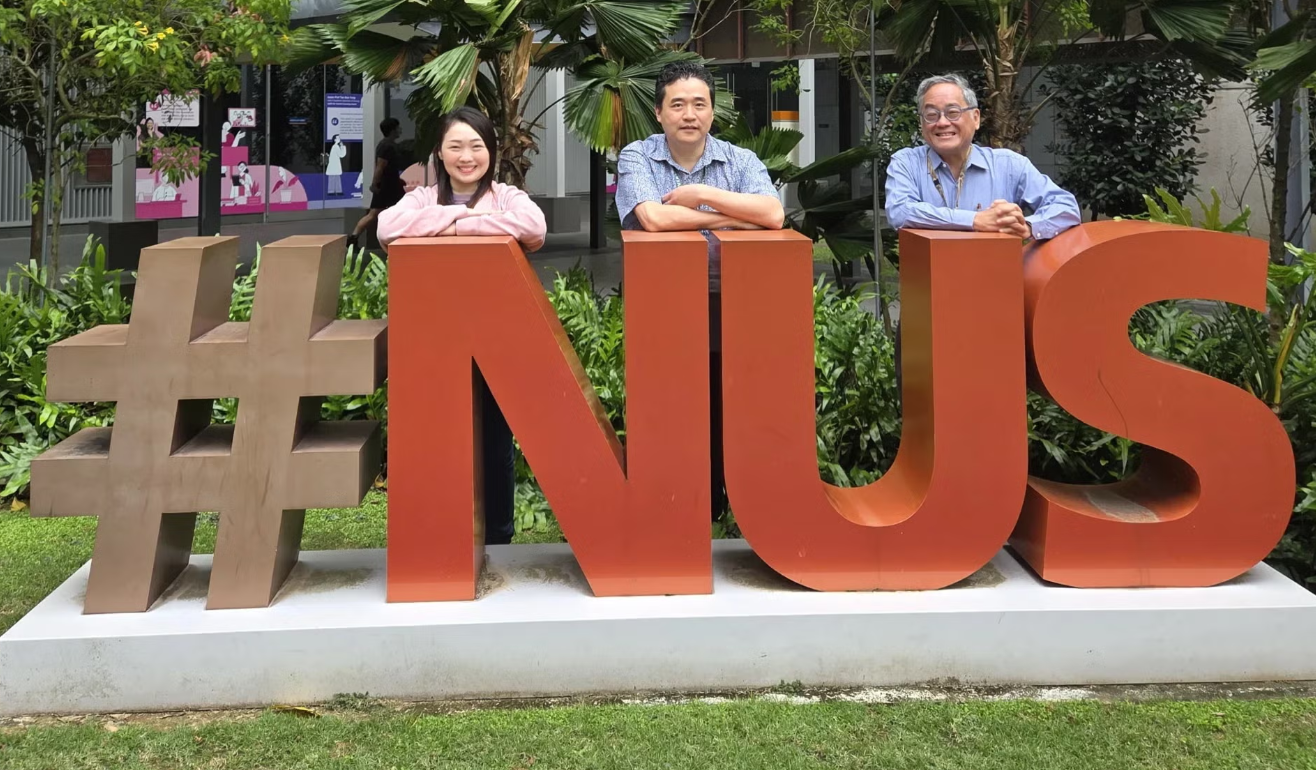SINGAPORE: A study published in Alzheimer’s & Dementia, a leading journal in dementia research, has highlighted the accuracy of plasma p-tau217 as a blood-based biomarker for detecting abnormal brain beta-amyloid (Aβ) pathology, a key feature of Alzheimer’s disease (AD). This research demonstrates the test’s potential not only in detecting AD but also in individuals with cerebrovascular disease (CeVD), which is particularly prevalent in Asian populations.
The study was led by Dr Mitchell Lai, Senior Lecturer at the Department of Pharmacology, Yong Loo Lin School of Medicine, National University of Singapore (NUS Medicine), and involved a collaboration with researchers from the National University Health System (NUHS), University of Gothenburg, University College London’s Institute of Neurology, and Banner Sun Health Research Institute.
While blood biomarkers like p-tau217 have been studied extensively in Western populations—where CeVD is less common—this study uniquely focuses on a cohort from Singapore, reflecting broader Asian demographics with a high burden of cerebrovascular disease. The results confirm that elevated levels of plasma p-tau217 correlate with faster cognitive decline, reinforcing its utility as not just a diagnostic tool but also a potential predictor of disease progression.
The plasma p-tau217 test offers a highly sensitive and specific method for identifying Alzheimer’s pathology before significant cognitive decline. This could enable earlier intervention and more proactive monitoring of at-risk individuals.
Unlike expensive and invasive diagnostic methods like positron emission tomography (PET) scans or cerebrospinal fluid tests, the plasma p-tau217 test also offers a non-invasive and cost-effective alternative that could be easily integrated into routine clinical practice, making Alzheimer’s screening more accessible.
The researchers say that incorporating plasma p-tau217 into clinical assessments could allow healthcare providers to categorize individuals into low, intermediate, and high-risk groups for Aβ pathology. This enables more personalized care, with tailored follow-up strategies and earlier therapeutic interventions for high-risk patients.
Professor Christopher Chen, Director of the Memory, Ageing and Cognition Centre at NUHS and co-author of the study, expressed excitement over the findings. “This study provides strong evidence that plasma p-tau217 could be a game-changer for early detection of Alzheimer’s brain changes in Asian populations with high CeVD burden. A blood-based biomarker like p-tau217 brings us closer to a more accessible approach to diagnosing and managing AD in Singapore and beyond,” he said.
Dr Joyce Chong, Research Fellow at NUS Medicine and the study’s first author, added, “While blood biomarkers like p-tau217 are not intended to replace gold standard measures such as amyloid PET scans, their value lies in offering a cost-effective, minimally invasive screening tool. This will help reduce the need for confirmatory PET scans and allow for more efficient risk stratification.”
Looking ahead, the team plans to expand the study to include a longer follow-up period and explore a wider range of biomarkers. Dr Lai noted, “There is increasing recognition that dementia is a chronic condition shaped by multiple interacting factors, particularly in populations where CeVD plays a significant role in cognitive decline. Our ultimate goal is to develop a panel of multi-modal biomarkers that can aid in diagnosis, prognosis, and identify new therapeutic targets for this debilitating condition.”
The study represents a significant step forward in Alzheimer’s research, offering hope for more effective, accessible, and earlier diagnosis, particularly in regions where cerebrovascular disease is a major contributor to cognitive impairment.

